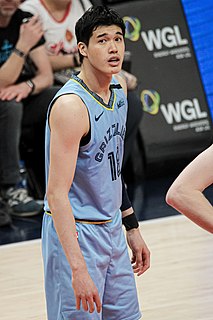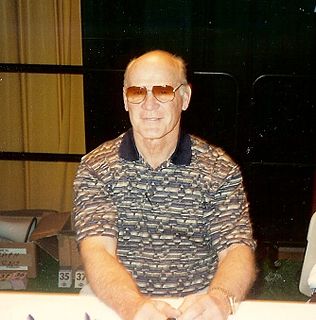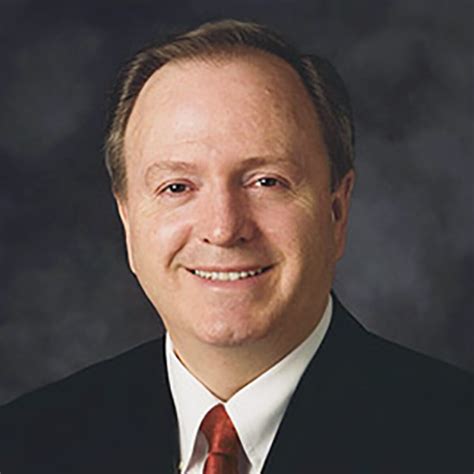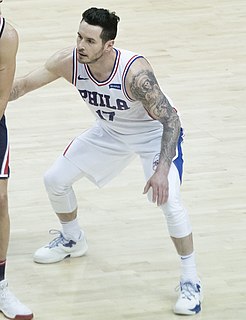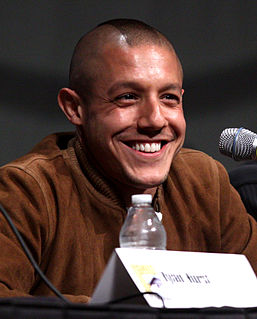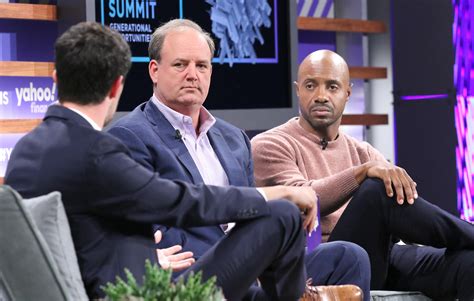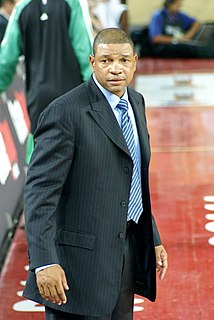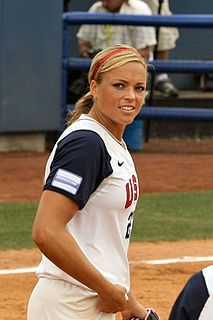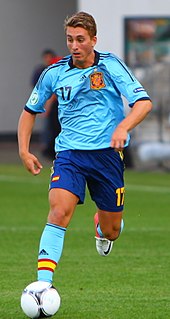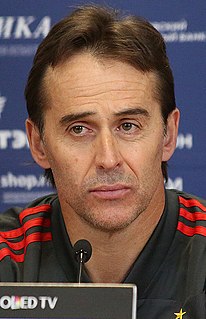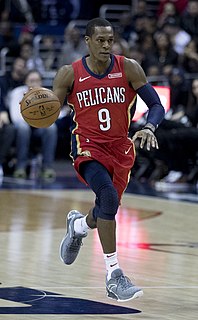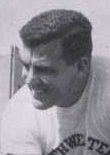A Quote by Yuta Watanabe
In my junior year, I became one of the best defenders on my team, and as the years go by my confidence gets even higher, and that's because of my coach.
Related Quotes
Perhaps the toughest call for a coach is weighing what is best for an individual against what is best for the team. Keeping a player on the roster just because I liked him personally, or even because of his great contributions to the team in the past, when I felt some one else could do more for the team would be a disservice to the team's goals.
In his sophomore year Wilbanks tried out for the high school basketball team and made it. On the first day of practice his coach had him play one-on-one while the team observed. When he missed an easy shot, he became angry and stomped and whined. The coach walked over to him and said, "You pull a stunt like that again and you'll never play for my team." For the next three years he never lost control again. Years later, as he reflected back on this incident, he realized that the coach had taught him a life-changing principle that day: anger can be controlled.
When I was 17, I made the decision to have a good attitude. I was a junior in high school; the coach said I was going to be the captain of my basketball team. I thought – that surprised me because I wasn’t the best player. John Thomas was better than me, and I was probably second or third best player. And I kept thinking, “Why am I going to be the captain?” I think everybody else was thinking that too. And the coach then answered, “The reason John is going to be the captain is he has the best attitude on the team. He encourages others, he believes we can win, he never gives up.”
Our sports [softball] is a game of failure already so my dad always says to parents who he is a pitching coach and he's been my pitching coach since I was 11 years old is if they can be the best kid on the team, let them experience that and then obviously the challenge has to come later on but you don't get that opportunity very often and confidence is such a huge part of this game and in life in general.
When I finished the juniors I felt, perhaps for about a year and a half, that everything was going to be the same and that I would be able to go out there and win any match. But it wasn't the case. I struggled. It took me time to adjust and to realise it was not going to happen like it did in the juniors. It was three years between the junior ranks and reaching the Australian Open, and even then, having reached the final against Hingis, I wasn't really realising what it would take to go higher.
